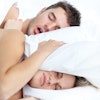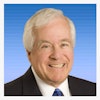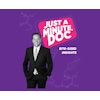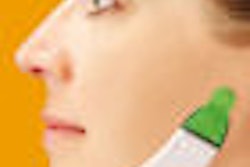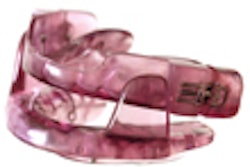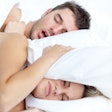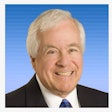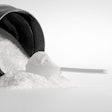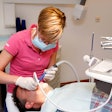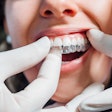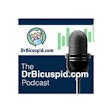
NEW YORK (Reuters Health), Nov. 3 - Roughly one in four people with obstructive sleep apnea (OSA) have bruxism, according to study findings presented this week at the American College of Chest Physicians' CHEST 2009 meeting in San Diego, California. By contrast, in the general population, less than one in ten people have bruxism.
The results also indicate that gender and ethnicity strongly impact bruxism prevalence. Specifically, men and Caucasians with OSA had particularly high rates at 43% and 35%, respectively.
"Our data are consistent with previous work showing a very high prevalence of teeth grinding in patients with sleep apnea," lead researcher Dr. Shyam Subramanian, from Baylor College of Medicine, Houston, told Reuters Health. However, "this is the first study that has looked at the influence of gender and ethnicity in this regard."
The findings stem from a chart review of 150 men and 150 women with OSA who were seen at the researchers' sleep center. Each gender group was divided equally into Caucasian, African-American, and Hispanic subgroups. Questionnaires were used to assess the prevalence of bruxism and gastroesophageal reflux disease (GERD).
Overall, 25.6% of subjects had bruxism and 35% had nocturnal heartburn and GERD symptoms.
As noted, bruxism was more common in men than in women: 43% vs. 31%. GERD, by contrast, showed no gender difference.
Bruxism was reported in 35% of Caucasians vs. 19% of Hispanics. GERD was most common in African Americans (40%), followed by Caucasians (34%) and Hispanics (31%).
No link was found between self-reported bruxism and GERD, the findings indicate.
"The take-home message for clinicians is two-fold -- dental specialists who notice signs of teeth grinding in their patients should (have them screened) for possible sleep apnea. Also, sleep specialists who provide care to patients with sleep apnea should look for signs of teeth grinding and make appropriate referrals for dental treatment," Dr. Subramanian emphasized.
Copyright © 2009 Reuters Limited. All rights reserved. Republication or redistribution of Reuters content, including by framing or similar means, is expressly prohibited without the prior written consent of Reuters. Reuters shall not be liable for any errors or delays in the content, or for any actions taken in reliance thereon. Reuters and the Reuters sphere logo are registered trademarks and trademarks of the Reuters group of companies around the world.

